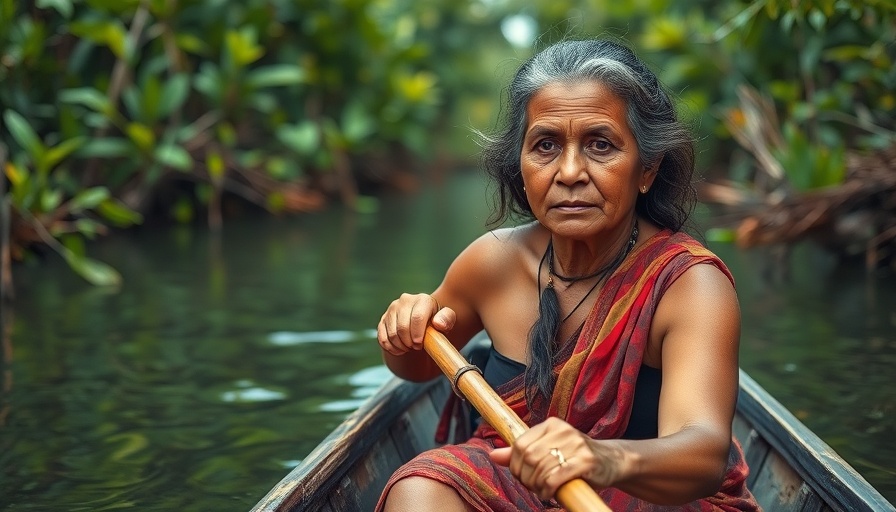
How Indigenous Values Are Saving Our Forests
In a world where conservation often means keeping people out, a groundbreaking study reveals that Indigenous lands in Panama are thriving far better than protected governmental parks—by nearly double. This surprising discovery, led by researchers from McGill University, highlights the power of cultural values in maintaining forest stability. Unlike traditional conservation strategies that tend to isolate humans from nature, these Indigenous communities intertwine spirituality, sustainability, and daily life, forming a holistic relationship with the land.
The Role of Cultural Connection in Forest Conservation
The primary takeaway from this study is that it isn't merely the isolation from human activity that preserves forests; rather, it's the deep connection and reverence Indigenous peoples have for their environment. The Wounaan and Emberá tribes have stood as stalwarts of ecological preservation in Panama. Their forests remain not just untouched but actively tended to, demonstrating a contrasting narrative to conventional conservation wisdom.
How Maps Tell the Story of Sustainable Land Use
The researchers utilized 20 years of satellite data combined with participatory mapping sessions with local Indigenous communities. This unique approach allowed community members to identify areas of cultural significance, such as sites for farming, hunting, and spiritual ceremonies. The results pointed out that when people hold spiritual and cultural value for a forest area, it is more likely to be preserved.
Highlighting Policies That Encourage Deforestation
One alarming finding from the study is the paradox within legal frameworks that often compel Indigenous communities to exploit their land to claim formal title. This counterproductive system creates an incentive for deforestation, thus undermining the environmental conservation practices that these communities have employed for generations. Researchers are advocating for clearer land titles for Indigenous peoples to solidify their roles as environmental stewards.
The Benefits of Integrating Traditional Knowledge into Modern Conservation
These findings have broad implications for environmental policy, conservation strategies, and even our understanding of what it means to protect biodiversity. Rather than positioning local populations as threats, it becomes essential to recognize their management practices as vital assets. Incorporating Indigenous knowledge and perspectives into conservation efforts represents an opportunity for more effective environmental stewardship. As the study indicates, a preservation strategy that recognizes and integrates local values could result in remarkably healthier ecosystems.
A New Perspective on Conservation
The connection between cultural identity and environmental sustainability is becoming increasingly clear. As the world tackles climate change and biodiversity loss, cultural insights from Indigenous tribes can illuminate pathways to more holistic approaches to conservation.
So, what can you do? For those who care about sustainability and want to contribute positively to our planet’s future, promoting the acknowledgment of Indigenous rights and integrating their knowledge into modern conservation can create ripple effects of positive change. Whether it's supporting legislation for land title recognition or amplifying Indigenous voices in environmental discussions, every action counts.
Join the conversation on how cultural values play a pivotal role in forest preservation — it’s about time we reframe our approach to conservation!
 Add Row
Add Row  Add
Add 




 Add Row
Add Row  Add
Add 

Write A Comment